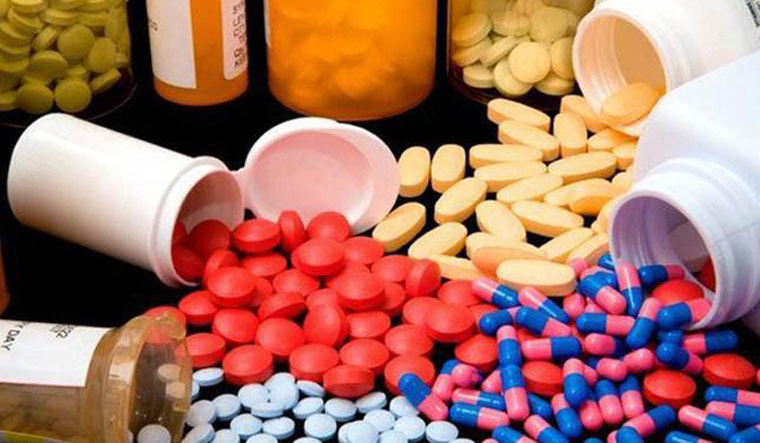The Centre's move to transfer Bhupendra Singh, chairman of the National Pharmaceutical Pricing Authority (NPPA), to the National Authority Chemical Weapons Convention in the Cabinet Secretariat, has raised concerns among a section of activists.
With Singh at the helm, the NPPA had taken decisions such as bringing stents and knee implants under price control, and adopted a proactive role in monitoring high margins charged by private hospitals.
“We are deeply concerned about the manner and timing of the transfer of Bhupendra Singh, a move which seriously impacts public interest, particularly when measures are being taken to plug unethical profiteering. We fear that Singh's transfer, in total disregard to the public interest, is due to pressure from the industry and the corporate hospital lobby,” the All India Drug Action Network (AIDAN), an independent network of several NGOs, said in a statement.
During his term, Singh had taken several positive steps to ensure affordability of medicines and medical devices, that "discomforted the industry,” the statement said, referring to the severe opposition from medical device manufacturers on the coronary stent price control issue.
Singh's transfer had a precedent too, activists said. The previous chairman of the NPPA, Injeti Srinivas had been transferred even before he completed an year. “The transfer followed the NPPA's move to regulate prices of critical cardiac and diabetes medicines through the Drug Price Control Order, 2013,” the statement said.
"The pharmaceutical industry has long sought to undermine and weaken the NPPA in order to enable uninhibited profiteering and circumvention of the law," said Malini Aisola, an activist with AIDAN.
In February this year, under Singh, the NPPA had also released a damning report, revealing the high margins charged by four corporate hospitals in Delhi NCR. Based on an analysis of patient bills from four prominent private hospitals, the report said the hospitals were making profits to the tune of 1,737 per cent on drugs, consumables, medical devices and diagnostic tests.
This report, activists believe, became the "final precipitating factor" to move Singh out of NPPA.
Singh, who joined the NPPA in 2016, is due to retire this year. He is set to join the NACWC that was established under the Chemical Weapons Convention Act, 2000.


